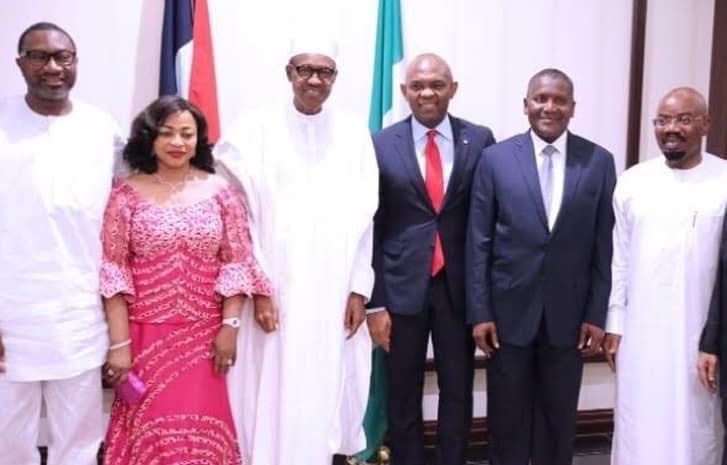By Ayo Akinfe
[1] In 1986 that former Nigerian military dictator Ibrahim Babangida launched the Structural Adjustment Programme (Sap). I cannot think of one policy that ruined Nigeria as much as Sap as it simply destroyed numerous state parastatals like the Nigerian Cocoa Board, Nitel, Nigerian Airways, Nigerian National Shipping Line, Nigerian Railway Corporation, etc
[2] Dictated to Babangida by the IMF/World Bank, Sap dismantled state structures but did not attract the promised private capital to replace them. This basically left a vacuum and in the end that led to these paratstatals ending up as hopeless. Nigeria Airways was probably the worst victim of all of them
[3] For a policy like Sap to work, you need an army of ready investors, who are willing and ready to buy up these state parastatals and pump money into them. For instance, when Margaret Thatcher privatised the British bus industry, there were hundreds of willing investors. This happened again with the rail industry
[4] What Nigeria has traditionally had are merchants, who buy finished goods from abroad and distribute it across the country. They shamelessly add very little to the products they sell and are just interested in making money. Even Sainsbury’s, Safeway, Asda, Tesco, etc all manufacture their own brands of products. All these agbero businessmen have no moral right to call themselves entrepreneurs as they do not contribute to the production process
[5] In the 1980s, Nigeria simply did not have a class of enterprueners strong enough to be classified as a vibrant private sector. For instance, I cannot think of one instance when the likes of Abiola, Nzeribe, Waziri, Saraki, Iwuanyawu, Dantata, etc, who were the millionaires of those days, ever went unto the international money markets to raise $10bn for a major investment project
[6] Basically, what that meant is that for any meaningful private investment to take place, we needed foreign capital. Our options were narrowed down to federal government spending and foreign direct investment
[7] Today, we have made immense progress as the likes of Dangote, Adenuga, Otedola, Alakija, etc are a clear upgrade on their predecessors. For instance, Aliko Dangote’s Lekki refinery cost a total of $16bn and his cement business is also floated on the London Stock Exchange
[8] However, it is not yet uhuru as Nigeria is still not the kind of economy that automatically attracts investors. Only our oil industry has that capacity. Just look at the power sector for instance, the biggest problem it faces is that none of the global players have shown an interest
[9] Most of those who bought the privatised electricity distribution companies borrowed heavily from the bank to do so, but then found out that these companies needed major investment and they were unable to provide it. If international utility companies like say Siemens, Duke Energy, Engie, National Grid, NextEra, EDF, Enel, Dominion Resources, Iberdrola, etc had got attracted to the sector, we would not have this power crisis on our hands
[10] Babangida ruined Nigeria almost beyond repair with his ill-advised Sap. What we needed to do back then was keep everything within public ownership until we had built up a significantly strong class of private investors who could purchase these agencies, invest in them, upgrade them and make them more competitive. Even now, we probably only have about a dozen such investors in the whole of Nigeria








